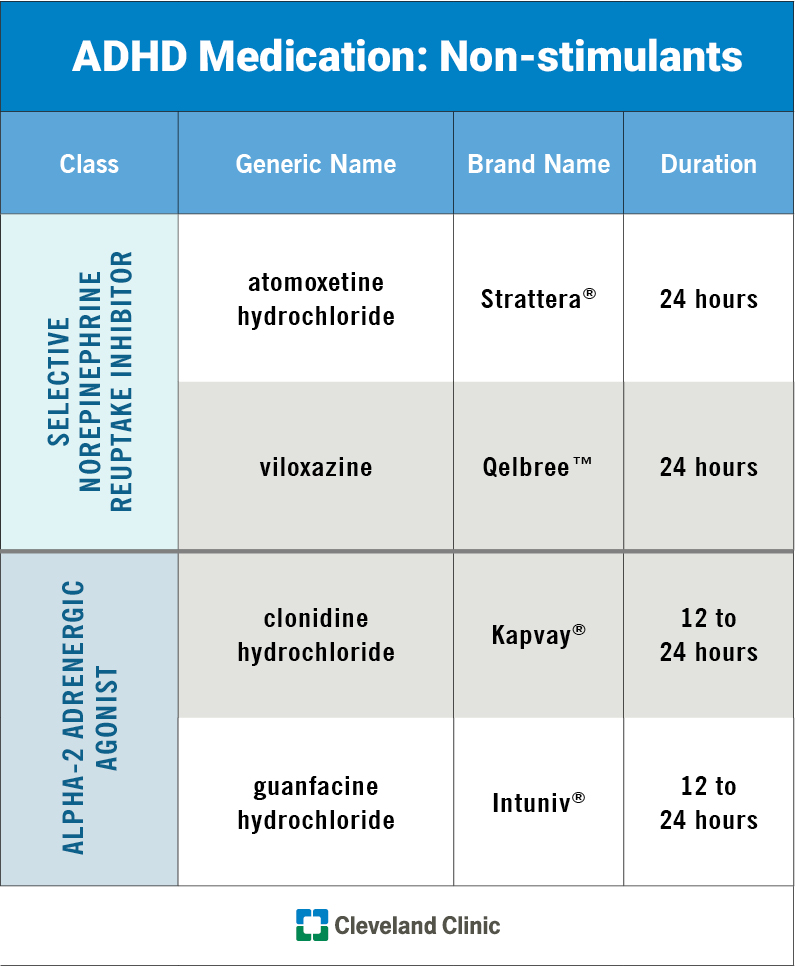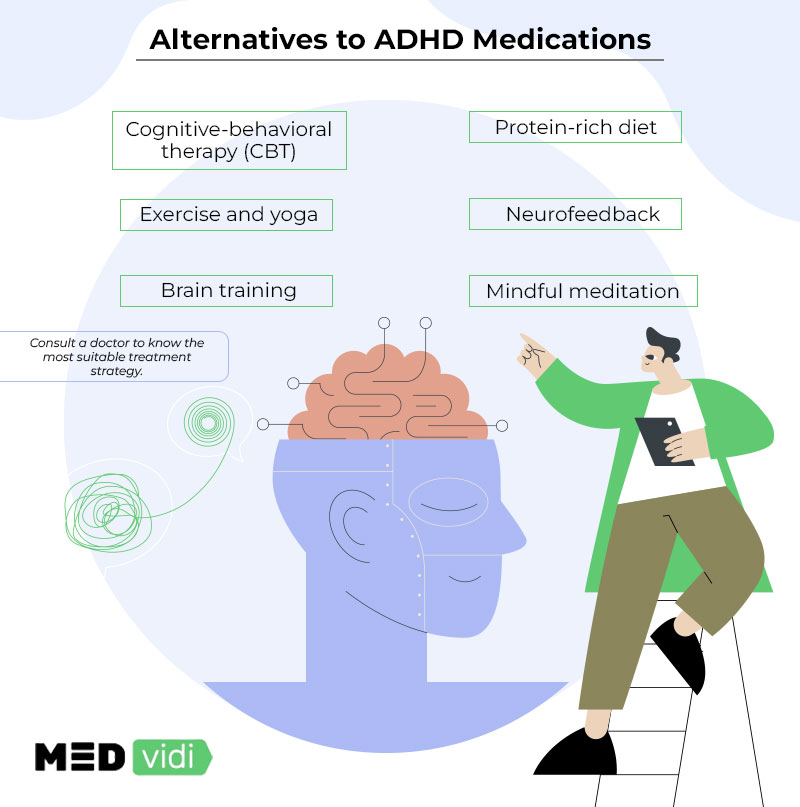Your Overview to Discovering the Right ADHD Treatment for Long Lasting Outcomes
Navigating the complexities of ADHD therapy requires a nuanced understanding of both the disorder and the myriad options available for reliable administration. It is important to identify that what jobs for one person might not always yield the same results for another.
Comprehending ADHD and Its Impact

In adults, ADHD can lead to obstacles in work environment environments, affecting productivity, time monitoring, and social relationships. Often, undiagnosed or poorly handled ADHD can add to co-occurring psychological health concerns, such as stress and anxiety and depression, more complicating an individual's overall health.
The societal assumption of ADHD can vary, leading to preconception and misconception, which might hinder people from seeking assistance. As understanding grows, it is necessary to cultivate an atmosphere that advertises understanding and support for those influenced by ADHD, highlighting the need for precise diagnosis and tailored approaches to reduce its effect on daily life.
Overview of Therapy Alternatives
An extensive strategy to treating ADHD includes a variety of alternatives customized to the individual's special needs. These choices can generally be classified into behavioral treatments, psychoeducation, and way of living modifications, together with medicinal therapies that might be discovered later.
Behavioral treatments, such as cognitive-behavioral treatment (CBT), concentrate on changing specific behaviors and establishing coping approaches to manage signs successfully. Psychoeducation plays a vital duty in empowering both individuals and their families by offering info concerning ADHD, its difficulties, and efficient strategies for assistance.
Way of living adjustments can significantly impact ADHD administration. Normal exercise, a well balanced diet regimen, and ample sleep contribute to overall well-being and symptom control. Mindfulness practices and relaxation methods can likewise improve focus and lower impulsivity.
Support system and household treatment can foster a sense of area and understanding, helping individuals really feel less separated in their experiences. Each therapy choice must be thought about in combination with the individual's preferences and conditions, read the full info here making sure an all my response natural technique that promotes long-term success. Ultimately, the objective is to develop a personalized therapy plan that deals with the specific obstacles related to ADHD while boosting general lifestyle.
Medication: Pros and Disadvantages
Medicine plays a critical role in the therapy of ADHD, with many options readily available that can significantly relieve signs for several people. Stimulants, such as methylphenidate and amphetamines, are generally recommended and have revealed effectiveness in boosting focus, lowering impulsivity, and enhancing total actions. These medicines function by raising dopamine and norepinephrine degrees in the mind, which are often dysregulated in those with ADHD.
Some individuals might experience side effects, including sleep problems, decreased hunger, or boosted anxiousness. Additionally, not all people react to energizer drugs, leading some to explore non-stimulant alternatives, which may have a delayed start of activity or various side effects.
It is vital for people and their households to consider these benefits and drawbacks thoroughly. Balancing the benefits of sign administration against prospective negative effects is crucial for achieving optimal treatment outcomes. Collaboration with doctor can help with enlightened choices, making certain that drug becomes part of a thorough ADHD management view it plan.
Behavioral Therapy Strategies

One frequently utilized approach is Cognitive Behavior modification (CBT), which aids people recognize and transform adverse idea patterns that add to ADHD-related obstacles. Therapist for ADHD. Via CBT, customers find out to establish sensible goals, manage time successfully, and establish organizational systems
An additional effective method is Moms and dad Monitoring Training (PMT), which informs parents on exactly how to strengthen positive behaviors and reduce adverse ones via constant self-control and communication strategies. This approach cultivates an encouraging home atmosphere that encourages behavior renovations.
Social abilities training is also integral, helping people with ADHD navigate social communications extra successfully. Role-playing and modeling suitable behaviors can boost social skills and decrease anxiety in social circumstances.
Way Of Life Changes for Better Administration
Just how can lifestyle adjustments substantially enhance the management of ADHD symptoms? Carrying out strategic way of life alterations can cause substantial enhancements in emphasis, organization, and psychological law for individuals with ADHD.
First of all, establishing a structured everyday regimen helps in producing predictability, which can relieve feelings of overwhelm. Constant routines for dishes, study, and sleep can improve day-to-day performance.
Including regular physical activity is likewise critical, as exercise has been shown to enhance dopamine levels, enhancing interest and inspiration (Therapist for ADHD). Going for a minimum of 30 minutes of moderate workout most days can be beneficial
Nutrition plays a critical duty as well. A well balanced diet rich in omega-3 fatty acids, whole grains, and protein can support cognitive function. Limiting processed sugars and caffeine may decrease signs, as these can cause power collisions and impatience.
Verdict
In final thought, finding the appropriate ADHD therapy necessitates a complex method that thinks about individual demands and preferences. Cooperation with health care experts and open interaction with support networks are important parts in navigating the intricacies of ADHD administration, inevitably leading to long lasting outcomes and boosted high quality of life.